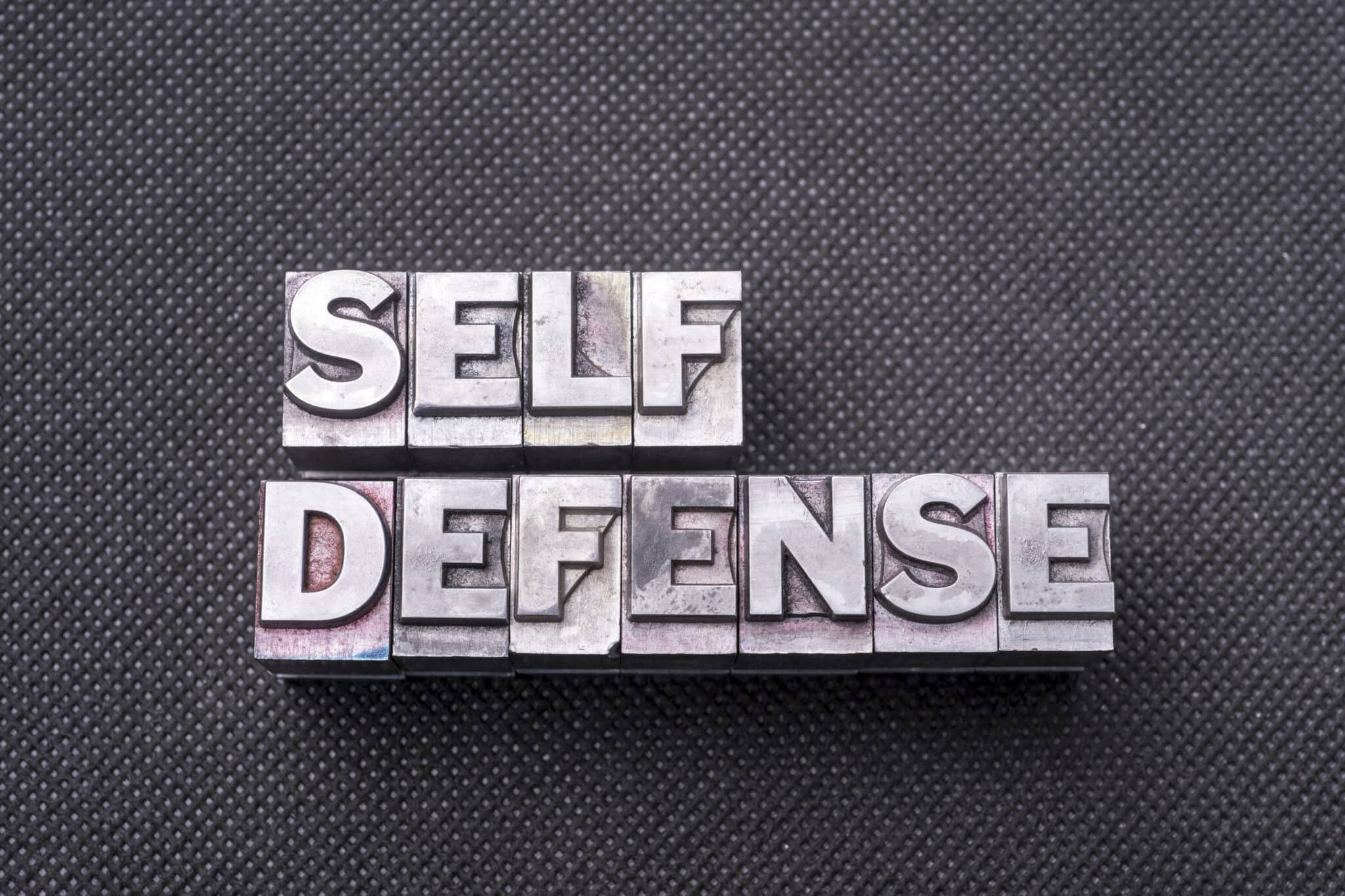Domestic Battery FAQs
Domestic battery accusations can feel like your world is crashing down. Whether the allegations are true, exaggerated, or entirely false, the impact on your life can be devastating. Suddenly, your reputation, relationships, and even your freedom are on the line. Illinois laws are strict when it comes to domestic battery, and the penalties are severe. Even minor incidents or misunderstandings can escalate into major legal battles. In these moments, having a knowledgeable defense attorney in your corner can make all the difference.
At the Law Offices of Andrew Weisberg, our Chicago, IL criminal defense attorneys are committed to helping you understand your rights and take the right steps forward. Contact us today to start building your defense.
What Is Domestic Battery?
Domestic battery involves physical harm or insulting contact between individuals in close relationships, such as family members, partners, or household members. Unlike a simple battery, which applies to any individual, domestic battery focuses on these specific relationships. Examples include slapping, hitting, or any physical contact causing pain or discomfort. Even minor incidents can result in severe legal consequences, often stemming from disputes, misunderstandings, or false accusations.
Who Qualifies as a Victim in Domestic Battery Cases?
The law defines a domestic battery victim as a “family or household member,” including:
- Spouses or ex-spouses
- Roommates, past or present
- Co-parents
- Blood relatives, like siblings or parents
- Individuals in a romantic or dating relationship
This broad definition can complicate cases, especially when disputes arise over the relationship’s nature. For example, accusations between former partners or roommates may involve questions of credibility or ulterior motives.
What Are the Penalties for Domestic Battery in Illinois?
The penalties for domestic battery can range from significant fines to long-term personal repercussions:
Misdemeanor Domestic Battery
- Up to one year in jail
- Fines up to $2,500
- Potential requirement for counseling or anger management

Felony Domestic Battery
Charges can escalate to a felony in cases involving prior convictions, use of a deadly weapon, or incidents involving children. Felony penalties include longer prison sentences and higher fines.
Long-Term Effects
A conviction can result in a permanent criminal record, difficulty finding employment or housing, and restricted parental rights in custody disputes. These consequences highlight the importance of seeking legal defense.
Can Domestic Battery Charges Be Dropped?
In Illinois, the decision to drop domestic battery charges lies with prosecutors, not the victim. Even if the victim recants or refuses to cooperate, prosecutors may proceed based on evidence such as police reports, witness statements, or injury photos.
This can be frustrating for both parties, but a defense attorney can work to challenge the evidence and advocate for dismissal or reduced charges.
What Are Common Defenses Against Domestic Battery Charges?

Being accused of domestic battery doesn’t equate to guilt. Here are common defenses that attorneys use to protect clients:
- Self-Defense: If you acted to protect yourself or another person from harm, your actions might be justified. For example, if someone attacked you first and you responded to prevent injury, your attorney can argue self-defense.
- False Accusations: Unfortunately, domestic battery accusations are sometimes used as leverage in personal disputes, such as divorce or custody battles. Your attorney will investigate the circumstances surrounding the accusation to uncover inconsistencies or motives for false claims.
- Lack of Evidence: Domestic battery cases often rely on witness testimony or physical evidence. If the evidence is insufficient, contradictory, or improperly obtained, your attorney can argue for the case to be dismissed.
- Violation of Rights: If law enforcement violated your constitutional rights during the arrest or investigation—for example, by conducting an unlawful search or failing to read your rights—this could impact the validity of the charges.
What to Do If Charged with Domestic Battery
If you’re facing domestic battery charges, taking immediate steps can significantly impact your case:
- Stay Silent: Anything you say to law enforcement can and will be used against you in court. Politely decline to answer questions until you’ve spoken with an attorney.
- Follow Protective Orders: If a protective order is issued, comply with all terms, even if you feel it’s unnecessary or unfair. Violating the order can lead to additional charges and complications.
- Contact an Attorney: Legal representation is essential to review evidence, build a defense, and protect your rights.
Contact a Chicago, IL Criminal Defense Attorney
When facing domestic battery charges, you need more than just legal representation—you need someone who will fight tirelessly for your rights. At the Law Offices of Andrew Weisberg, we know how high the stakes are in these cases, and we’re here to provide the support you need during this difficult time.
Attorney Andrew Weisberg has a proven track record in defending domestic battery cases throughout Illinois. He understands the potential consequences you’re up against and uses his knowledge to challenge evidence, question witness credibility, and build a defense that prioritizes your future.
Every case is different, and you deserve a defense attorney who will treat your case with the attention and care it deserves. Contact Andrew Weisberg today at (773) 908-9811 or reach out online to protect your rights and reputation.







 Blog Home
Blog Home 










